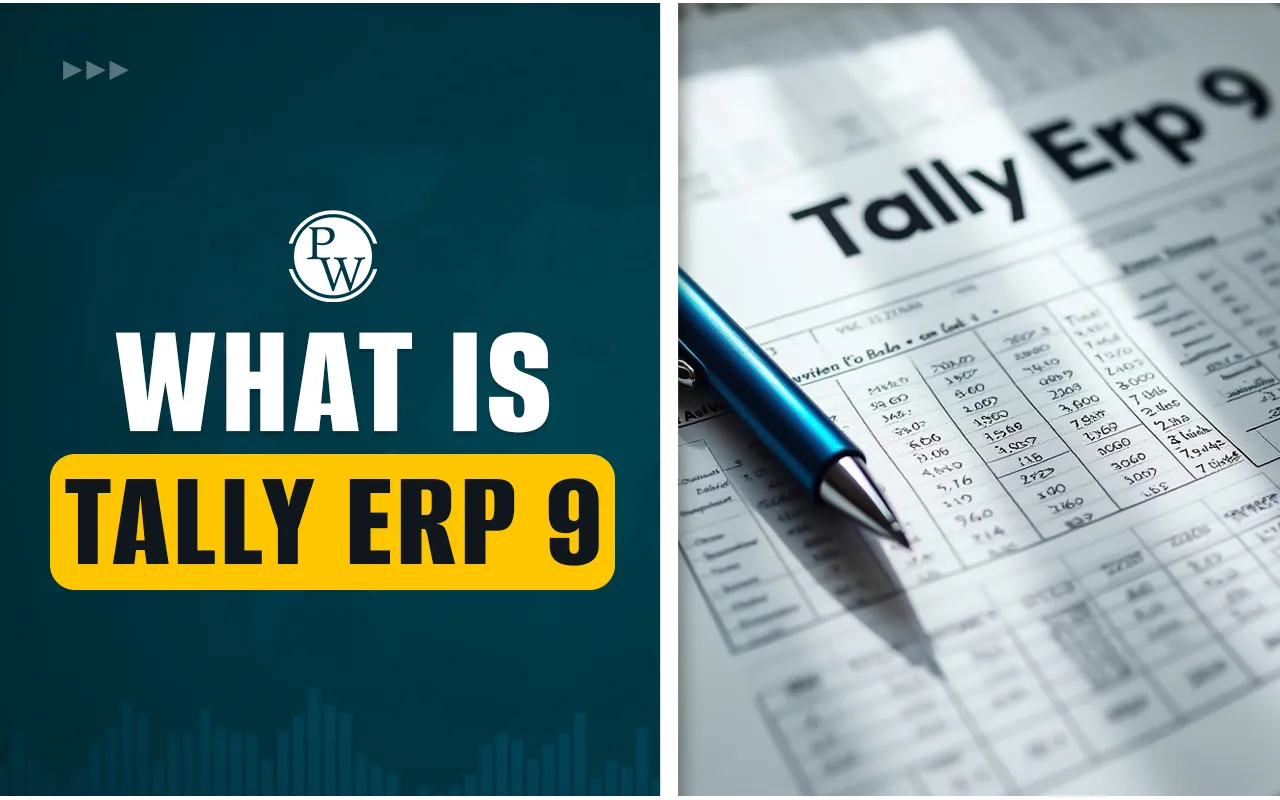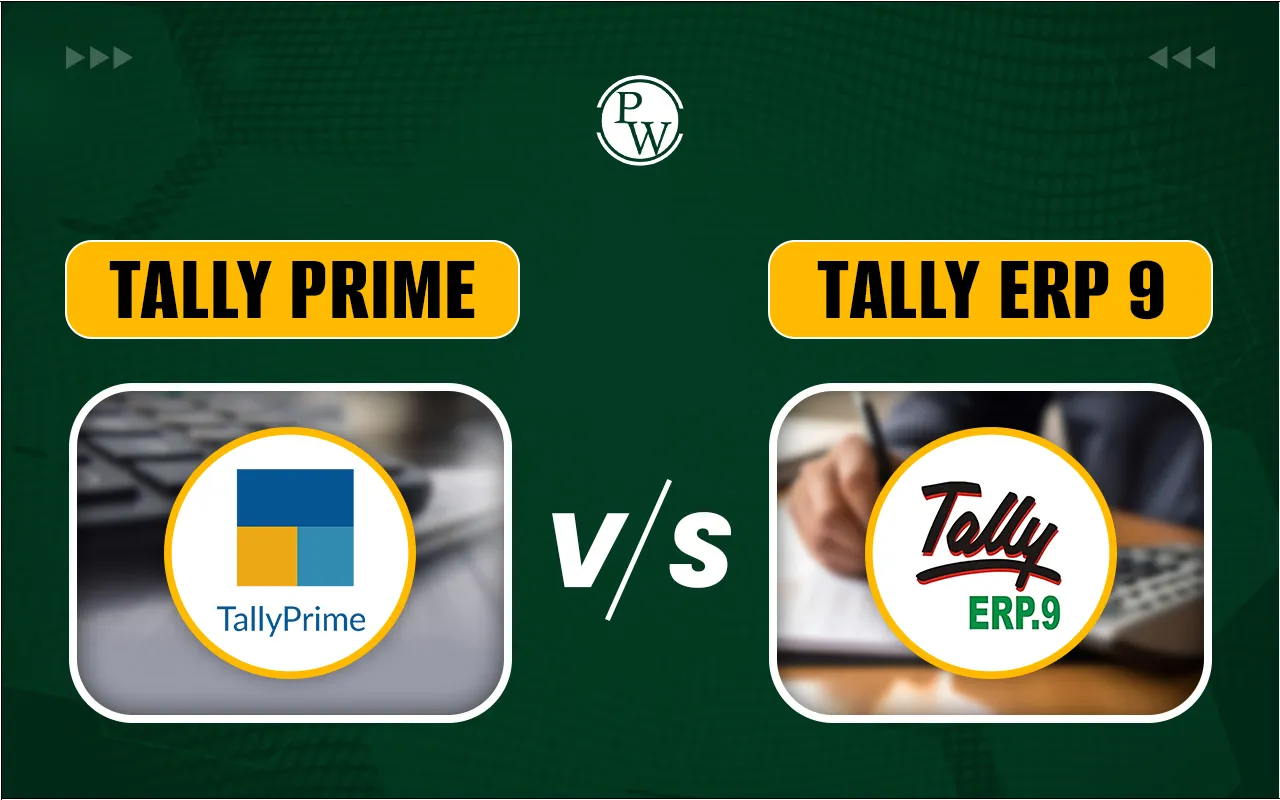
Tax Consultant Course offers practical skills of Indian tax laws such as Income Tax, GST, TDS, and corporate tax regulations. It is ideal for those who want to become tax advisors, accountants, finance professionals or businessmen.
Tax Consultant Course is a combination of theory and hands-on training, which involves the filing of tax returns, audit preparation, and the legal documents. It is perfect for those who want to become tax advisors, accountants, finance professionals, or entrepreneurs.
Whether you are new to taxes or want to improve your skills, the course helps you understand complex tax rules and assist individuals or businesses in following the law and saving money. Check complete details about tax consultant course eligibility, how to become, syllabus, salary, career path, and more below.
Tax Consultant Course
Tax Consultant Course is structured to give a complete understanding of Indian taxation laws such as Income Tax, GST (Goods and Services Tax), TDS (Tax Deducted at Source) and Corporate Tax. The course is a combination of theoretical and practical skills like the filing of tax returns, audit preparation and tax advisory services.
It provides different levels such as diploma programs, certificate courses and advanced training in tax consultancy so that students can understand how to prepare proper tax documents, keep up with tax regulations and offer them effective tax-saving tips.
These courses are typically taught by experienced professionals, including Chartered Accountants and tax experts, ensuring that the curriculum meets current industry standards and market requirements.
Tax Consultant Course Eligibility Criteria
To enroll in a Tax Consultant Course, candidates usually need to meet the following requirements:
-
Educational Qualification: A bachelor degree in Commerce,Finance, Accounting or Law is strongly desired to develop a good background in taxation.
-
Licensing Requirements: There is no required license in order to practice as a tax consultant in India. However, professional certifications such as Chartered Accountant (CA), Cost and Management Accountant (CMA), or Company Secretary (CS) enhance credibility and career opportunities.
-
Additional Certifications: Candidates have the option of taking a more specialized course such as the Certificate in Taxation Laws (CTL) or GST Practitioner courses to gain further knowledge and improve their skills.
-
Career Goals: These courses are best suited to the person who is interested in such a career as tax advisory, accounting, or financial consulting.
These eligibility criteria ensure learners have the necessary legal understanding and analytical skills to navigate India’s complex tax system effectively.
How to Become Tax Consultant?
A combination of academic requirements, professional qualifications as well as experience are needed to become a tax consultant in India. These are steps that can help you build your career:
1. Educational Qualification
Start with a degree in Commerce (B.Com), Accounting, Finance, Economics or Law (LLB). These disciplines give a solid background on financial systems and taxation laws.
2. Professional Certification (Optional but Beneficial)
Though not mandatory, certifications improve your knowledge and career prospects:
-
Chartered Accountant (CA): This is also provided by ICAI and the training includes wide knowledge in taxation and auditing.
-
Cost and Management Accountant (CMA): This is offered by ICMAI and it deals with cost accounting and indirect taxation.
-
Company Secretary (CS): ICSI, corporate law and tax compliance.
-
Diploma in Taxation Laws (DTL): Available at universities and institutes like Pune University and TIPA.
3. Specialized Tax Courses
Complete short-term or diploma courses including:
-
Certificate in Tax Consultant: This is provided by IISDT and other institutes.
-
GST Practitioner Course: Government of India approved to file and provide advisory services related to GST.
4. Gain Practical Experience
Complete internship or work with CA firms, tax advisory firms or corporate finance teams learning how to file tax returns, how to prepare audits, and also learning how to help the client.
5. Stay Updated
Tax laws change often, so keep yourself informed by following:
-
Income Tax Department (incometax.gov.in)
-
GST Portal (gst.gov.in)
-
Professional bodies like ICAI, ICMAI, and ICSI.
6. Start Practice or Join a Firm
Once experienced, you can:
-
Start your own tax consultancy
-
Join a financial services firm or legal advisory company
-
Work as a freelance tax advisor for individuals and small businesses.
Tax Consultant Course Syllabus
Tax Consultant Course Syllabus may vary by institution, but most tax consultant courses include the following core modules:
|
Tax Consultant Course Syllabus |
|
|
Module |
Topics Covered |
|
Introduction to Taxation |
Types of taxes, tax structure in India, PAN, TAN, basics of TDS |
|
Income Tax (Individuals) |
Salary income, house property, capital gains, deductions, exemptions, ITR filing |
|
Corporate Taxation |
Tax planning for companies, MAT, dividend distribution tax, audit procedures |
|
GST & Indirect Taxes |
GST registration, return filing, input tax credit, e-way bills, penalties |
|
TDS & TCS Compliance |
Rules for deduction, return filing, penalties, reconciliation |
|
Tax Planning & Advisory |
Investment-linked deductions, exemptions, legal tax-saving strategies, HUF planning |
|
Tax Litigation & Representation |
Appeals, rectifications, and client representation before tax authorities |
|
Technology & E-Filing |
Use of tax software (like ClearTax, Winman), online portals, digital signatures |
Tax Consultant Salary in India
The table below shows the Tax Consultant Salary in India based on experience and job roles:
|
Tax Consultant Salary in India |
||
|
Experience Level / Role |
Average Annual Salary (₹) |
Details |
|
Entry-Level Tax Consultant |
3,00,000 – 5,00,000 |
Freshers or those with less than 2 years experience |
|
Mid-Level Tax Consultant |
6,00,000 – 10,00,000 |
3-7 years experience, handling clients and audits |
|
Senior Tax Consultant / Manager |
10,00,000 – 18,00,000 |
Experienced professionals in advisory and planning |
|
Tax Consultant at Big Firms (EY, Deloitte, PwC) |
18,00,000 – 25,00,000+ |
Specialists in international tax, GST, corporate tax |
|
Freelance Tax Consultant |
Variable |
Depends on clients and specialization |
Tax Consultant Career Path
A tax consultant career has clear growth steps and many job opportunities across industries. The typical career path includes:
1. Foundation Stage: Start with a degree in Commerce, Law, Accounting, or Finance. Get practical experience by interning at CA firms or tax advisory companies.
2. Certification & Specialization: Earn professional certificates like CA, CMA, CS, or GST Practitioner. Specialize in direct tax, indirect tax, international taxation, or estate planning.
3. Mid-Level Roles: Work as a Tax Analyst, Assistant Consultant, or Compliance Officer. Prepare tax returns, audits, and advise individuals and small enterprises.
4. Senior Roles: Move up to Tax Manager, Senior Consultant, or Practice Head. Manage private client holdings, represent clients with tax courts and provide tactical tax planning.
5. Entrepreneurship or Freelance Practice: Proficient tax consultants have the opportunity to start their companies or become freelance advisors. This is a more flexible career, has greater income potential and specialized work with clients.
Tax Consultant Course FAQs
Which course is best for a tax consultant?
What is the qualification for a tax consultant?
What is the highest salary for a tax consultant?
Is there any exam for a tax consultant?










